I'd be lying if I said I wasn't nervous these days.
I mean, I'm already hypervigilant, and now all of this virus news has me pretty damn anxious.
Maybe you're feeling the same way?
Here's the problem: there's so much in the world that we can't control.
And wishing we could control uncontrollable circumstances can only lead to anxiety and frustration.
That said, I keep reminding myself to focus on what I CAN control.
Which means that I'm doing everything I know to:
- Keep things in perspective.
- Stay grounded in the present moment.
- Strengthen my immune system.
If you need some extra support in these areas, this post is for you…
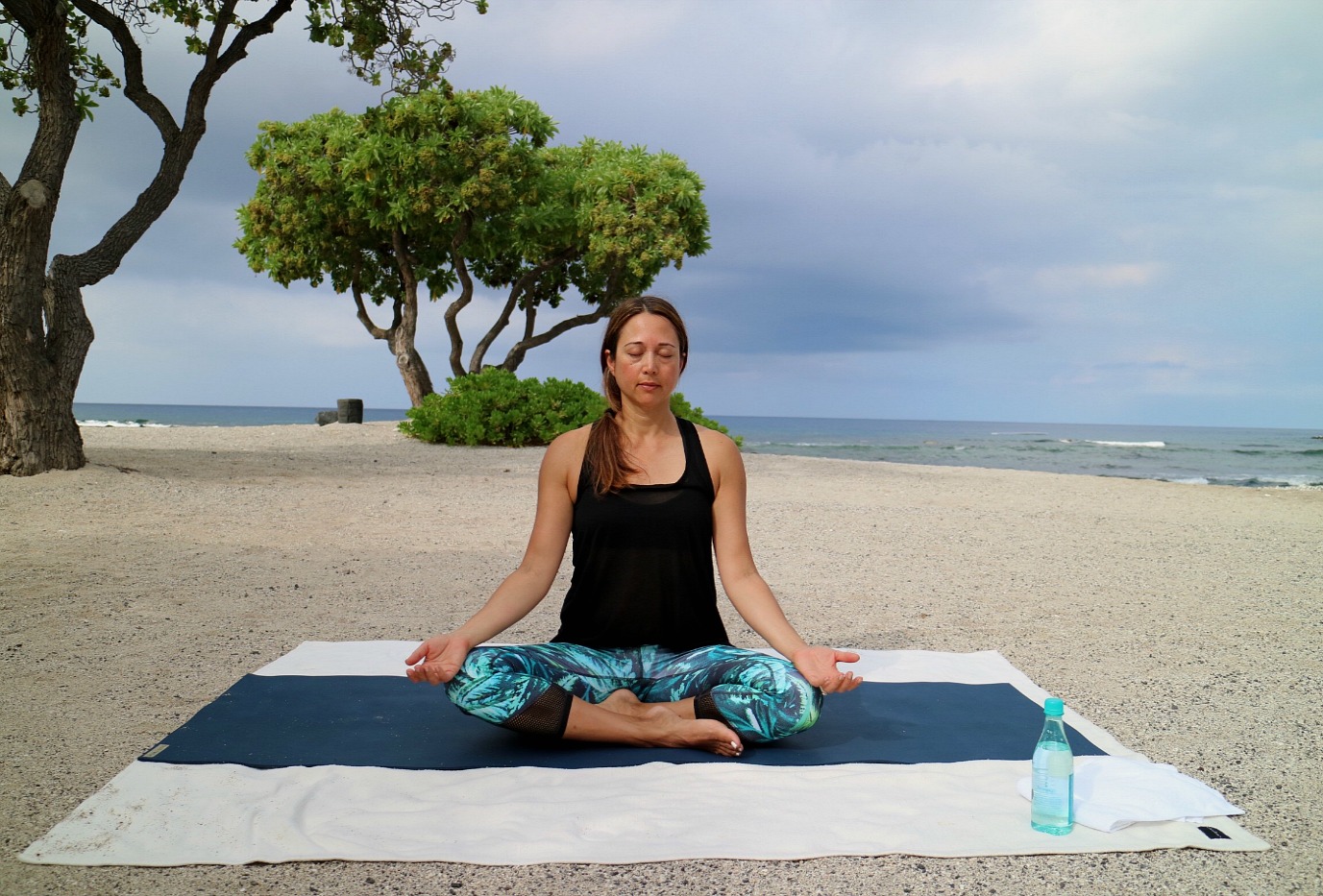
Staying grounded in the present moment
The problem with obsessing about the news is that it doesn't leave much room for optimism.
In other words, the news is all about worst case scenario. I'm not saying the media makes everything up, but they definitely make more money when people are tuning in or clicking. And that dynamic can drive the headline copy and what the media chooses to cover.
Which makes a lot of us anxious. And when we start feeling that way, we have two choices: we can either spiral… or hit the pause button and regroup.
For example, we can take a few deep breaths and remind ourselves of where we are in the present moment.
Which might look like this: life is presently normal. We are crushing a workout, or enjoying a yoga class. We are walking outside. We are laughing with a friend. We are hugging our kids. We are feeling healthy.
That's it… doesn't it feel better in the present moment?
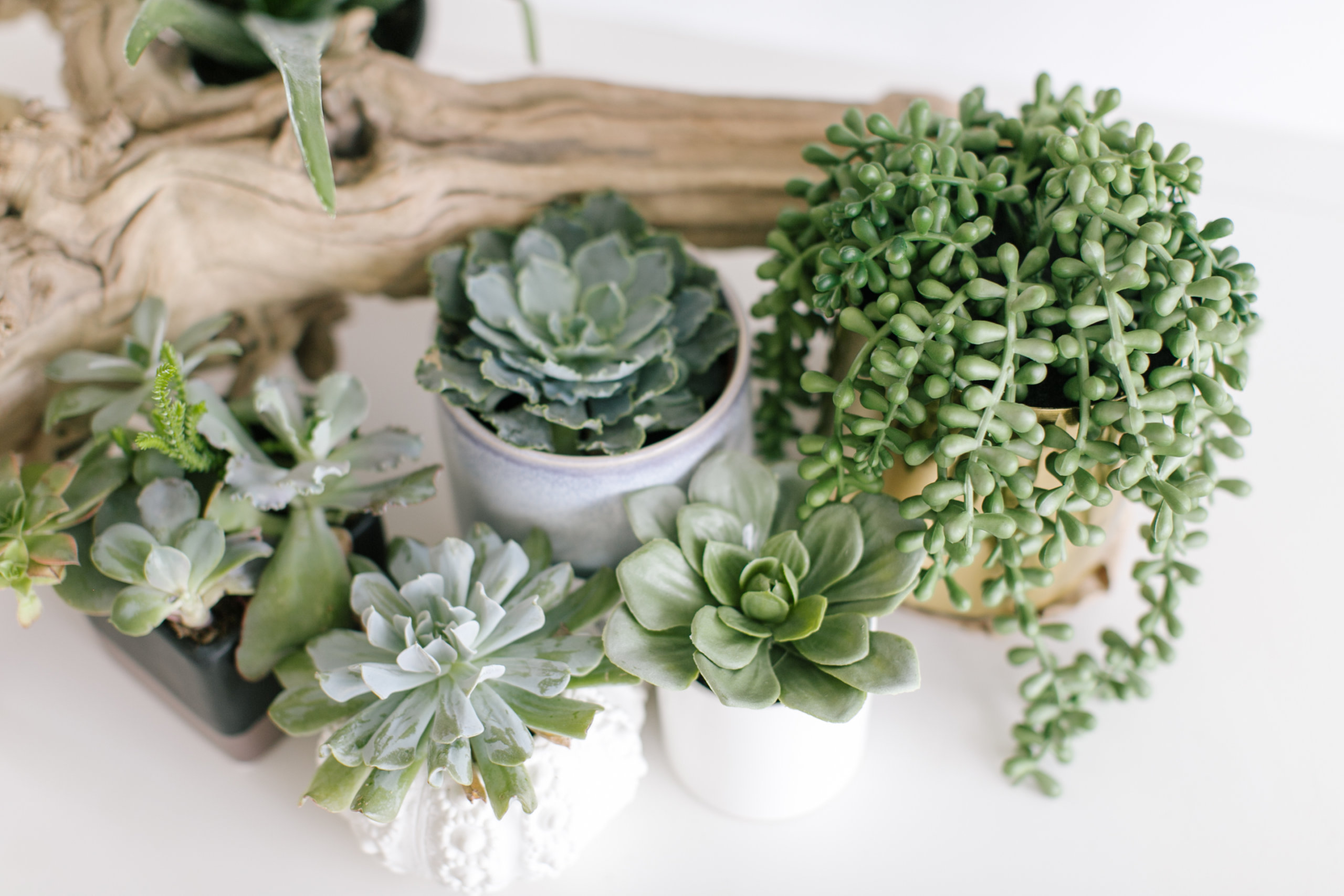
How to reduce stress and cultivate optimism
Here are a few of the other ways I stay grounded and cultivate optimism:
- Meditate: I try to meditate daily. Over time, this has really helped me reduce my stress levels. If you don't yet have a meditation practice, you can find guided meditations on the internet or via an app like Headspace.
- Exercise: I work out to sweat out the stress, and shut my brain up for awhile. I mean, it's hard to be doom-and-gloom when you're sprinting or doing burpees or climbing a hill on the bike.
- Gratitude: I have a regular gratitude practice to distract me from scary thoughts and ground me in the present moment. In the morning, I write down at least 3 things that are going well. And if I start to get anxious throughout the day, I think about what I'm grateful for, naming each item in my head like a mantra. Sometimes, I need to list 10-20 things, often more, before I start to feel my energy shift.

Supporting and strengthening the immune system
I know I say this all the time, but keeping our immune system strong is really important. Especially right now, while we're in the middle of flu season.
It's more important than skimping on sleep to watch another episode on Netflix.
More important than giving into our sweet tooth on the daily.
And more important than having that extra drink or two at night — and risk feeling hungover (aka weakened immune system) the next day.
So let's support that immune system, okay?
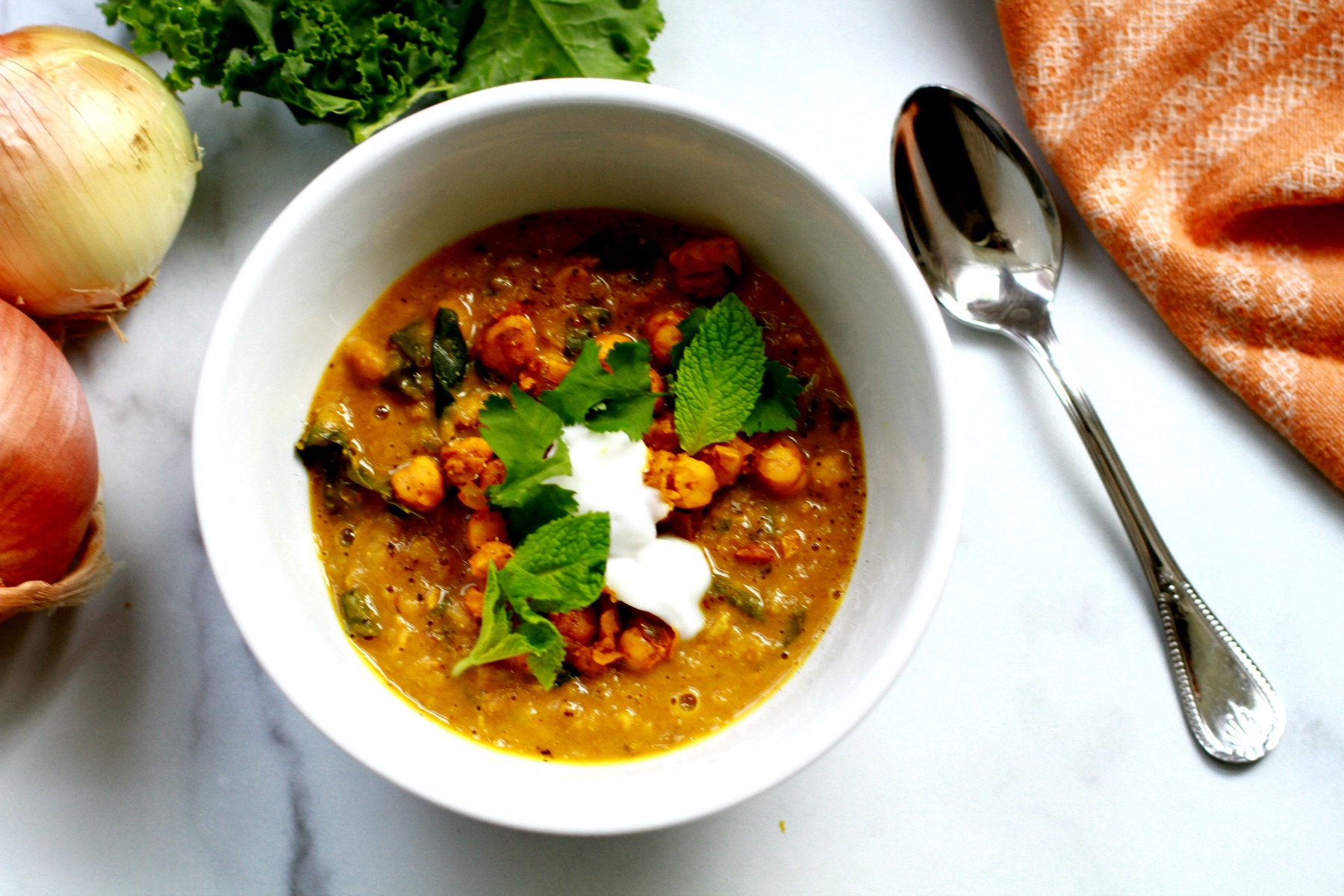
One added benefit of working to uplevel your immune system is that it helps you feel proactive, like you're actually doing something instead of obsessing about the news.
In other words, it feels good to engage in actions and decisions we can actually control, instead of worrying about the things we can't control.

Tips for immune system support
Here are my tips for keeping your immune system humming along:
Get enough sleep: Sleeping 7+ hours is key for me. Which means — according to my Whoop strap — that I need to be in bed about 8 hours to get enough of that deep REM and slow-wave sleep. That's because some of that 8 hours is spent in a light phase of sleep, which isn't nearly as restorative. That's why I've been working on my sleep hygiene this year: lights out by 10pm, a cold bedroom with fresh air, and lavender oil on the temples and jaw. I also try my best to finish eating about 3 hours before bedtime, and avoid alcohol. Both of these practices really help me get into that high quality deep sleep.

Lay off the booze: Alcohol may create a pleasant buzz in the short term, but it can also increase anxiety after the buzz wears off — and throughout the following day. Maybe you know that uneasy, nervous feeling you get if you wake up hungover? That's actually a form of withdrawal. In addition, frequent alcohol use can also weaken the immune system. As an alternative, try carbonated water with a splash of bitters — or this booze-free Spiced Mule mocktail.

Find alternative ways to relax: Instead of having a drink, try a hot cup of kava root or chamomile tea. Or, if you live in a legal state, you might try CBD oil or edibles. Here in Oregon, I like the hemp-derived CBD gummies from Wyld. You could also try yoga's legs-up-the-wall pose for 5-10 minutes, or stay in child's pose for a few minutes.
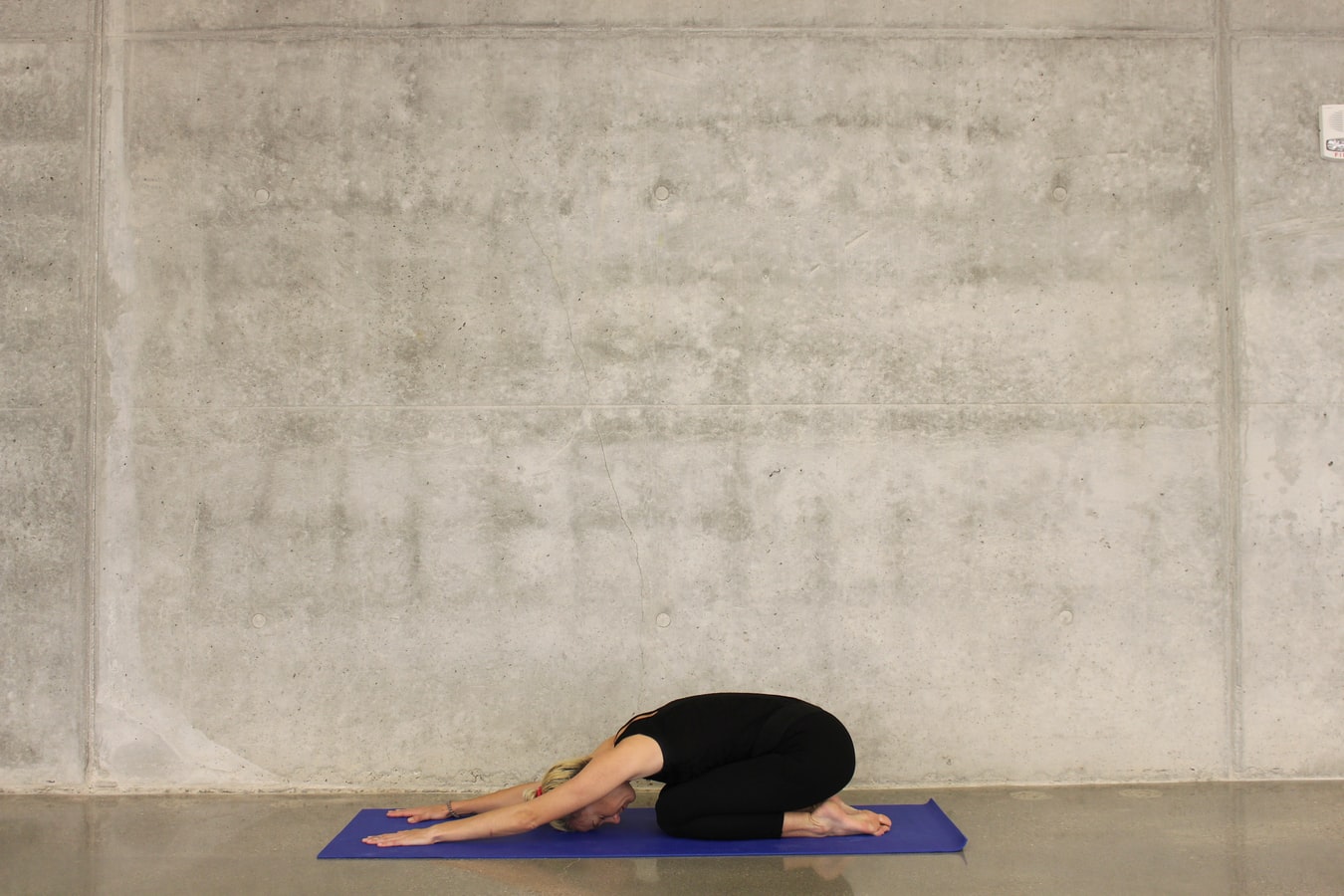
Eat nutrient-dense foods: Following a nutrient-dense diet full of antioxidants and fiber will support the immune system, reduce your risk for disease, and help you feel energized. Here's what this might look like for you:
- Eat a plant-forward diet — ideally, veggies at every meal.
- Eating plenty of leafy greens and cruciferous vegetables on a daily basis.
- Enjoy 1-2 servings of berries a day, either plain or in a smoothie.
- Avoid refined sugar and processed foods.
- Eat food-based sources of vitamin C, such as citrus fruits, broccoli, cauliflower, kale, and bell peppers.
- Eat beans and legumes for 1-2 meals a day. Great source of protein and fiber.
- Try high-quality carbs such as sweet potatoes, oats, and whole grains such as quinoa and brown rice.
- Incorporate healing herbs and spices into your diet. Ginger and garlic have been used for hundreds of years for their antiviral and antibacterial properties. Turmeric, another great spice to use frequently, is known for its anti-inflammatory, antimicrobial, and antiviral compounds.
- Use raw onion and garlic: Both of these are known for having antiviral compounds. I like to add chopped onion or minced garlic into soups and stews, chili, etc.
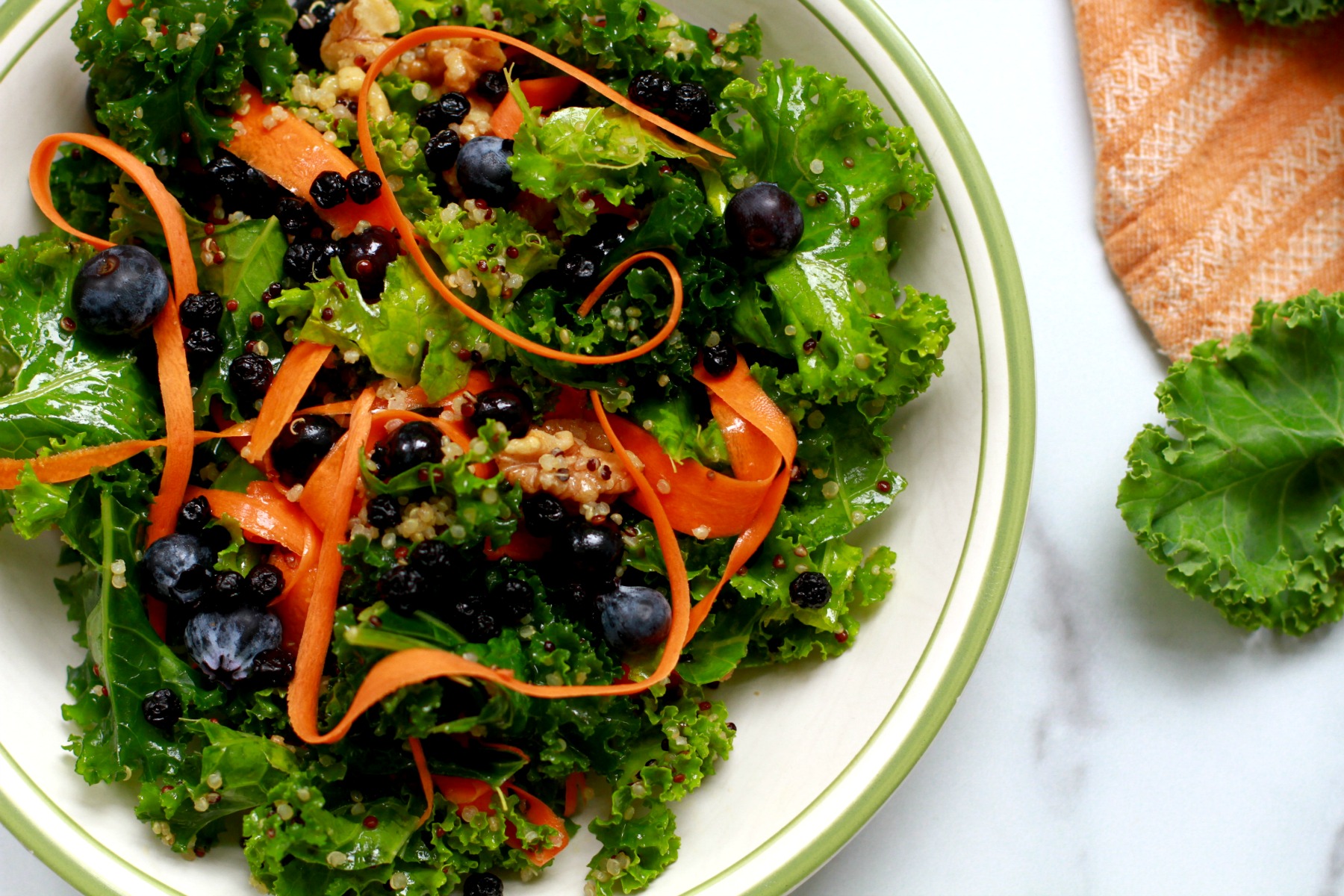
Recipes for immune system support
If you're looking for some recipes that incorporate these ingredients, here are a few suggestions:
- Grapefruit and Greens Smoothie
- Strawberry Hemp Smoothie
- Kale and Quinoa Salad with Blueberries
- Chickpea Soup with Coconut and Turmeric
- Healthy Green Soup in the Instant Pot
- Stress Melting CBD Hot Chocolate
- Jamu: Indonesian Wellness Tonic with Turmeric

I hope these tips help you reduce stress and give some extra love to your immune system.
It can still be challenging to keep those scary thoughts from making their rounds, but this routine is really helping me. And I hope it helps you too.
Do you have any tips to share? I'm all ears! Let's get through this together — please connect with me over on Instagram. I'd love to hear from you.
~Monica


